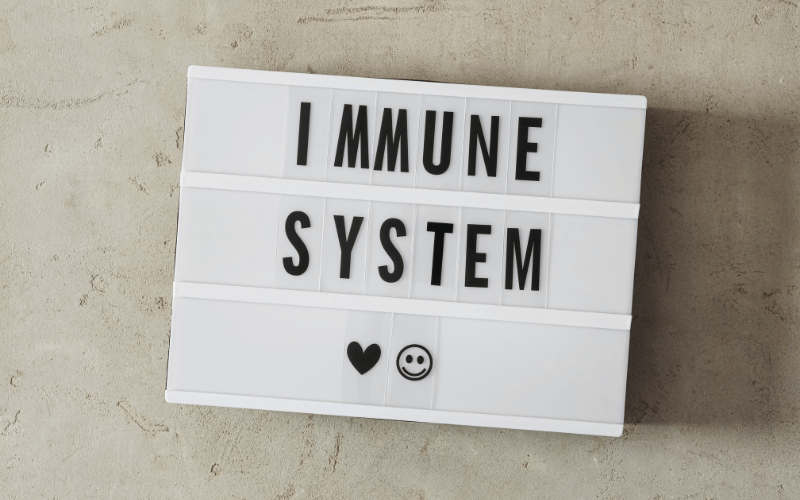2. The Crucial Connection: MCC and the Immune System

Merkel-cell Carcinoma holds a deep-seated relationship with the immune system. It’s not merely a surface-level skin issue. Delving deeper, we find that a compromised immune system significantly heightens the risk of developing MCC. This connection has fueled much scientific inquiry, prompting questions about the intricate dance between MCC cells and immune responses.
Studies have shown that people with a suppressed immune system, whether due to medical conditions or certain medications, face a higher MCC risk. But why? The immune system acts as our body’s defense mechanism, guarding against harmful invaders. When it’s weakened, it fails to detect and ward off potential threats, including rogue cancer cells.
The interplay is fascinating. On one hand, the immune system’s robustness can keep MCC at bay. On the other, if it’s suppressed, it can unwittingly become MCC’s ally, allowing the cancer cells to proliferate unchecked. Researchers are constantly probing this relationship, aiming to leverage it for therapeutic purposes.
Promising avenues in MCC treatment involve boosting the immune system. By enhancing its capability to recognize and attack cancer cells, there’s potential to halt or even reverse MCC’s progression. Immunotherapy, a field gaining traction, operates on this principle, and has shown promise in clinical trials.(2)